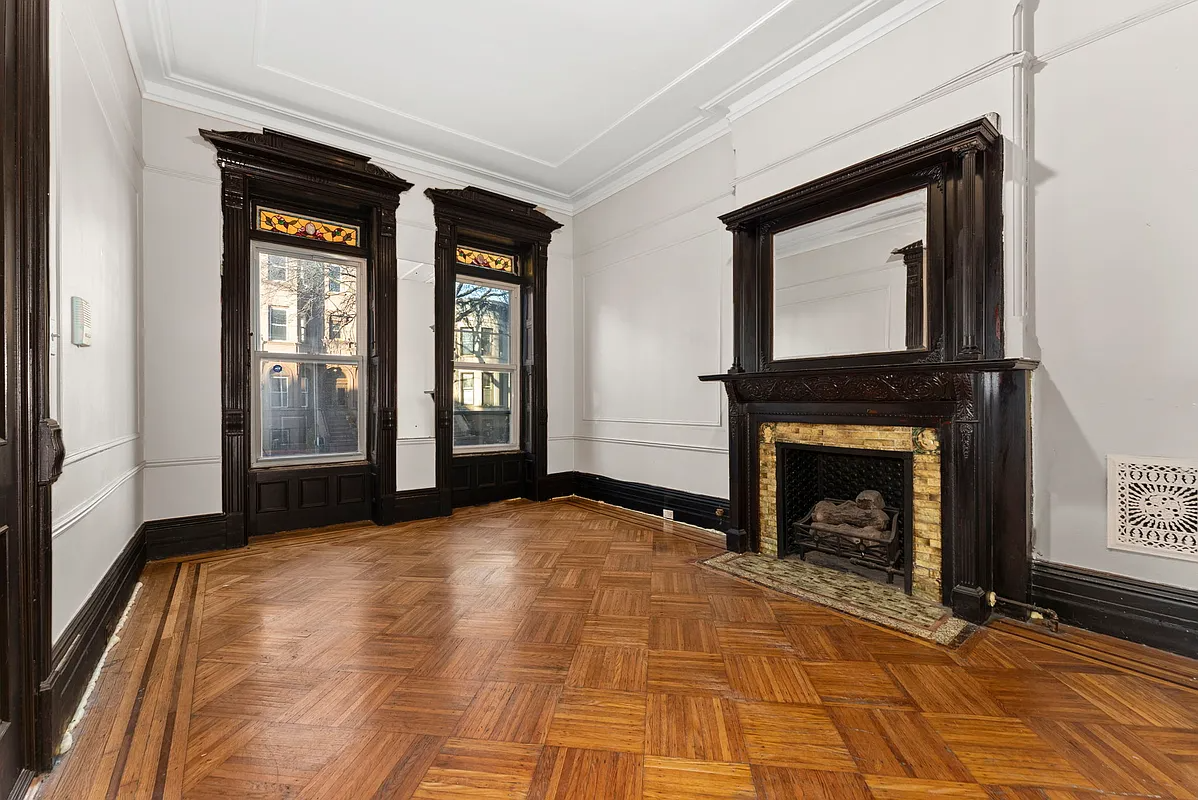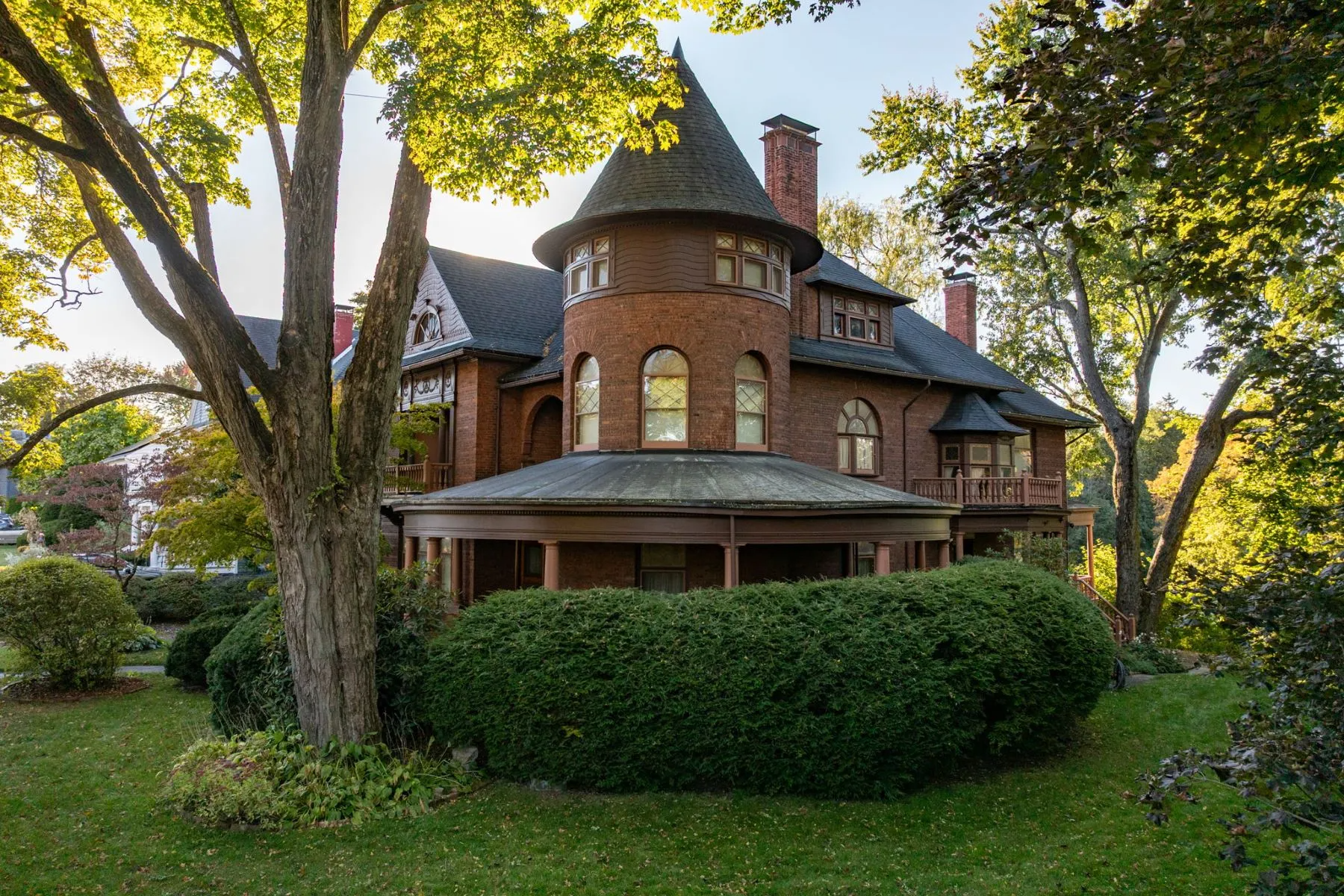The Possibility That Landing Is Hard, Not Soft
This chart puts the real estate run-up of recent years in some historical perspective at a time when market news continues to disappoint. (The black line starts at a baseline value of 100 back in 1890 and is inflation-adjusted over time.) Rising inventory, falling building permits, fewer sales. And while homeowners, especially those of us…


This chart puts the real estate run-up of recent years in some historical perspective at a time when market news continues to disappoint. (The black line starts at a baseline value of 100 back in 1890 and is inflation-adjusted over time.) Rising inventory, falling building permits, fewer sales. And while homeowners, especially those of us who purchase in the last two or three years, are watching closely to see the impact on their own financial status, economists are thinking more and more about how a weakening real estate market could impact the broader economy, as lower levels of equity materially and psychologically impacts consumer behavior. The Times lists the three possible outcomes: Soft landing, prolonged slump and full-on crash. Which do you think is most likely?
Reading Between the For-Sale Signs [NY Times]





Interesting post.
To me it seems like all the cities that had hyper-appreciation of real estate values from 2000 through 2005 are now really taking some major value declines.
Here in San Diego, I subscribe to: http://www.brokerforyou.com/brokerforyou This San Diego real estate publishes a real tell-it-like-it-is blog. His 12-31-07 post Real Estate Market Predictions for San Diego in 2008 is a realistic idea about what this year will hold for not only San Diego, but, all the cities that had hyper-inflation.
Jannet
http://www.lasik-surgery-san-diego.info
I have to comment that i think the rental market is a significant factor. If rents keep going up, as they are now, that will help soften the landing for the sale market. Why? Because once I start paying more than a certain amount each month (for me it is about $3,000) I think “I should be buying rather than throwing my cash away..” Once I start thinking like that, I see what is out on the market and start dreaming of home ownership. And there are many others like me, or others who will move to NYC in the next year or so. So my prediction is that this contingent will see the slight drop in prices we are seeing now and will interpret it as an opportunity to get into the market. It will probably go down another 5%, as predicted, but that is not a big deal if starts to slowly creep up again….
If any of us could really predict what will happen – we’d already be rich and only become richer.
Otherwise we’re just guessing.
SuperAnon, I agree that most people would be hard-pressed to sell at a 25% loss if that had a choice, but that’s my point – in many cases, people won’t. For example, imagine paying more than 2/3 of your income to housing after your no-verification interest-only ARM spikes – and then losing your job. Then either you’ll sell it or the bank will.
Many of the stories you’ll hear about people who sold at a loss during the 90’s crash often involve divorce; I think at that point people are facing such big financial hits on so many levels that combined with the need to just be free of the whole thing, they end up making decisions that aren’t necessarily that great from an investment level.
But you are right – most people will do anything they can to avoid selling at a loss, which provides some cushion for RE in general. At times like this it’s also advisable to buy a condo or condop so you know you can always sublet if, as mentioned, you have to relocate for work or other reasons.
A log scale would not be appropriate. Log jumps in powers of 10, and so a log scale would unnaturally compress the hill, i.e. the first gradation would be 10, the second 100, the third 1000, etc. It would give an artificial view. The linear scale is the most apposite for this type of data. You need to read your statistics book again.
A reasonable explanation of why prices may not be heading down so quickly:
http://tinyurl.com/grnjm
CaliforniaBoy raises an interesting point– the thing is though that home prices in the Silicon Valley *still* haven’t fallen. I can’t figure out why not (I’m from there & my family debates this). It seems like some simple laws of economics–not to mention physics– are defied by this. I don’t know how people continue to pay high mortgages & down payments when the jobs have declined…
I seem to remember in the late 80’s early 90’s a time when new condo/coop developments were NOT selling and those few that sold went to speculators. The unsold units were turned into rentals that unfortunately because of greater supply or stiffer competition, were not even able to secure high enough rents to pay the landlords bills. I remember banks coming down hard and fast after just a few missed morgage payment. I remember multi family borrowing of $$ at 12% or higher in 1989. When I bought in 1994 the rates were at 8.6% and everyone who was still standing began to refinace. This was in an up and coming neighborhood (Alphabet City). I remember one property in particular…$10 million new construction that was foreclosed on and the debt was sold for less than half! If the owners could have just made it through the bank’s panic.
Last week 5 units were just sold in a new development in the south slope for $500-$800. This price for crappy sub standard units, on a crappy block in my opinion, Mr. bubble may be popping in Miami or Tucson but not in the S> Slope.
Newinbrooklyn, thank you, you made much sense to me.